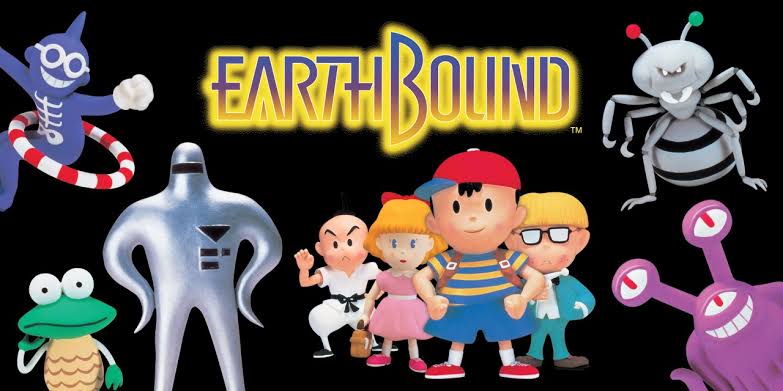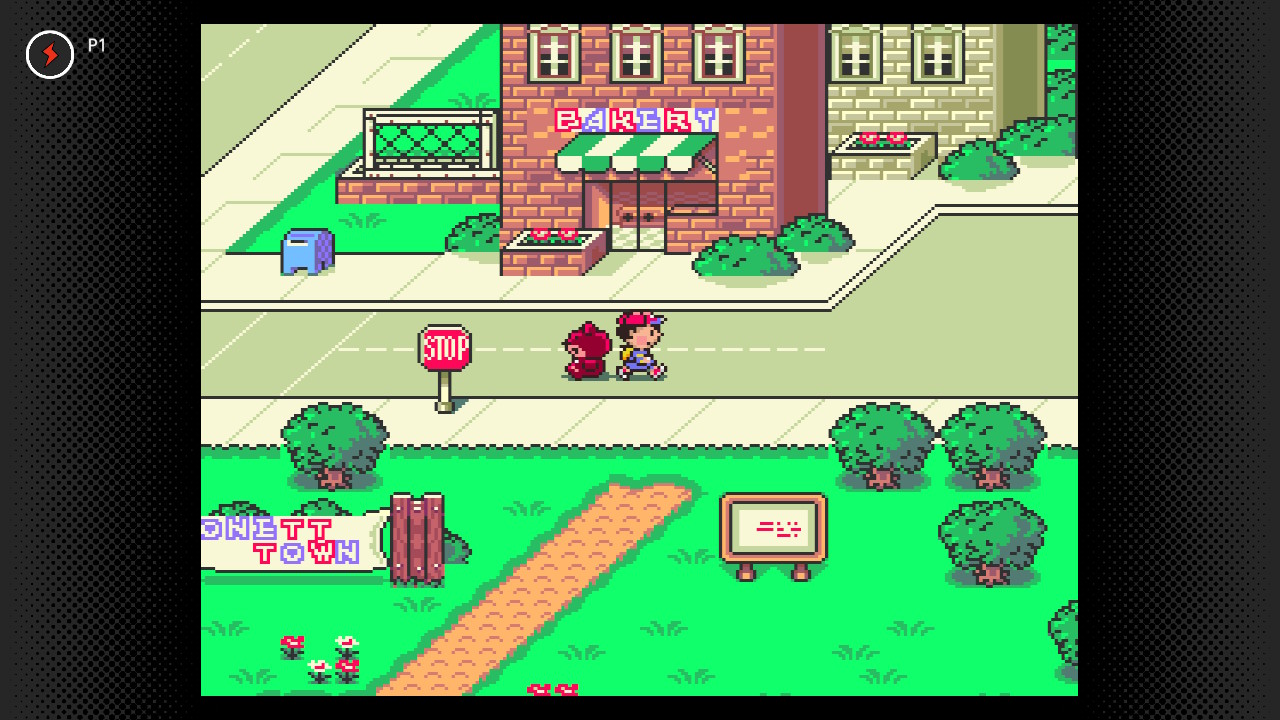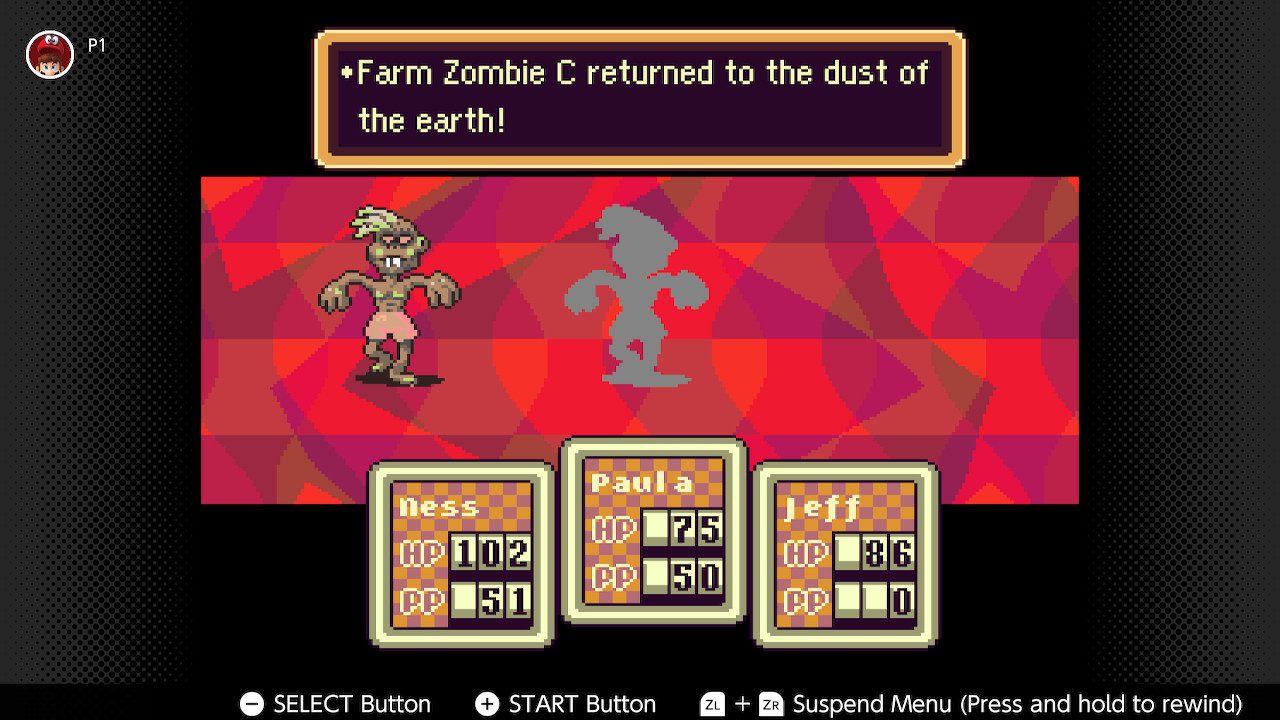
⭐ Games that receive this star have a score of 95% or above. This is purely from a game design perspective and is not in any way related to our morality/parental warnings.
You know, I used to think I couldn’t really enjoy a SNES game.
By the time I was old enough to wield a game controller right-way-up, the hottest console at the time was the Wii, and its games (along with the Wii U) are what I grew up playing. I knew older games existed, getting to briefly play a few GameCube classics such as Super Mario Sunshine and Luigi’s Mansion. However, I never really had an in-person encounter with anything from the N64 backwards.
As I got older though, thanks to YouTube and a more sophisticated appreciation for games, I became familiar with some of the oldest fan favorites that I could only hope to get my hands on. A few years later, when I was mature enough to hold down some jobs, I finally had enough income to purchase games for myself, and that included the classics. Since then, I have been gratefully able to access rarer games such as Paper Mario: The Thousand Year Door which I reviewed for Halloween last year. It’s surprising to me how many of these games that came out before I was born hold up well even to this day, and Mother 2, known as EarthBound in the west, is certainly one of those titles. It’s not perfect, of course, but dang was this thing ahead of its time. Let’s talk about this wacky, cult classic RPG that inspired the wildly popular game Undertale.
First of all, a few technical things I want to say: Unlike some of the past titles I have reviewed, EarthBound is thankfully playable on the Switch via the base Nintendo Switch Online subscription, so you won’t have to burn your wallet to enjoy this one. That also means you can play it on the go and in a high resolution. Unfortunately, Nintendo’s imperfect emulation leaves the game occasionally slowing down when too much is on screen, which is embarrassing to see in a SNES game of all things. It’s not constant and doesn’t ruin the experience but it happens far too often. That’s enough whining for now though, let’s move on to the game itself.
The Story
As I said, EarthBound is a wacky game. More than just that, it’s hilarious, quirky, and surprisingly dark. Just like Undertale, the main protagonist is a child but they tackle situations that would be too much for most adults. In EarthBound, you play as Ness, a young boy with PSI (psychic) powers, separated parents, and a destiny to defeat the greatest evil in the universe, Giygas. He is capable of time travel, and is causing both wildlife and humans to become evil and attack you, all the while his alien forces invade and try to stop you in your tracks. Throughout your adventure, you encounter a neighbor living with abusive parents, corrupt business and government, a cult, and more. Clearly, this is a game for older audiences, and I’ll talk about this more later. None of the adults seem to be doing anything anyway, so time’s running out for you and your friends to save the world and stop Giygas’ plan.

Wait… friends?
Yes, unlike your real life, you will actually make helpful friends throughout your adventure who become permanent party members. First, a kind young girl named Paula, who wields psychic abilities and is known for being a great friend to the kids at the preschool. She is also the only one of the bunch who has the ability to pray in battle. Next is Jeff, the son of a great scientist (and is quite a smart cookie himself) who is living in a boarding school when he is contacted in a dream to assist Ness. He is incapable of any psychic attacks but is able to wield various types of scientific instruments that affect battle in ways PSI both can and can’t, which arguably makes him the most unique out of all party members. Last is Poo, a prince from a faraway, presumably Asian kingdom, or at least one that draws from eastern inspiration. He’s popular with the ladies, but has impressively given up those pleasures to further his training. He has a unique PSI ability or two and can for some reason drink water to recover his PP gauge. That’s right, in typical RPG fashion, you have limits on some of your abilities – but with a unique twist.
Clay models along with the banner images via WikiBound and Nintendo.
The Gameplay
I think the thing that impressed me the most about the battles in EarthBound were the strange, unique mechanics that it brought to the table. While you do have typical HP and PP (health points and psychic points) gauges, they don’t behave how you might think. They actually decrease slowly like the wheels on a slot machine, which means attacks that would otherwise be fatal may not kill you if you heal or end the battle fast enough, which means that mechanical skill and memorization actually come into play here. I haven’t seen this mechanic used anywhere else before, but I also haven’t played a ton of RPGs, so forgive me if this is not unheard of. Same goes for the sudden victory mechanic, where if you far out level an opponent the game automatically gives you the win. It’s been used in newer games like Persona 5, but this might have been its first ever appearance.

A good reminder for the destiny of our material goods.
Aside from that, you can expect much of the usual mechanics seen in RPGs like critical hits, status effects etc. However, not all of them are explained very well. You see, there are 7 total stats in this game: Offense, Defense, Speed, Guts, Vitality, IQ and Luck. I went through the game not really knowing what those last 4 did. For example, the game told me that higher guts meant you had a better chance of surviving on 1 HP from an otherwise mortal attack – but not that it also increased your chances of getting critical hits. I would say your best bet is looking at page 9 of the official strategy guide from back in the day, which Nintendo has made available online here.
Maybe these confusions were a bit more acceptable when most games you bought came with guides, but in the modern day it’s just a pain. Overall though, battles are quite fun and I doubt they’d need to change much else if they ever remaster this game.
From a faith perspective
Knowing Nintendo, we probably have plenty of time to discuss the faith aspect of EarthBound while we wait for a remaster, or better yet, a localization of Mother 3…
Like I mentioned before, EarthBound does indeed tackle some mature themes. Most prominent is the effects of abuse and corruption of human beings. You go head-to-head with the Happy-Happyism cult, the corrupt mayor Geledegarde Montoli, and by the end, an irrational being of evil. Your neighbor with the abusive parents is known as Pokey (actually meant to be “Porky” but it was mistranslated) and joins all those enemies I just mentioned throughout different points in the game. Forever corrupted by his painful childhood, he relentlessly fights his only friend to the very end.
Yes, this is a case of parental negligence and its effects. Pokey’s parents are continually shown to be obsessed with material goods, complaining about “living in poverty” when they have one of the nicest houses in the game and even leaving one of their children (Pickey) alone at home when they head to Fourside. This obviously has rubbed off on Pokey as he follows similar pursuits, openly embracing evil as he chases after power, money and glory, all the way to his eventual demise. Listen, I know parental issues are nothing new, but it’s important to remember that this is still a very real part of society. Having recently experienced public school and talking amongst my peers, I can say for sure that parental negligence is common even in the nicer areas. It’s often not something I have to observe – people will openly talk about their parents having a lack of care for their actions.
Reasons such as these are why parents must frequently reflect on how their actions are impacting their children. In the modern world where children can be corrupted by literally anyone or anything in the world via the internet, risks are high. Each of the chosen four are shown to have caring parents (Jeff’s Dad is debatable, I suppose) and look how much better they turned out. Pokey lacked such paternal care and it had permanent effects.
Conclusion
To sum it all up, EarthBound is an absolute classic of an RPG that, save some tedium and quality of life issues, is indistinguishable from a modern game. If you enjoyed Undertale, then EarthBound is a no-brainer. Thankfully, it’s currently available for no additional cost on the Nintendo Switch Online subscription service, which includes save states and a rewind feature that help reduce tedium.
Scoring: 95% (EXCELLENT RPG) ⭐
Gameplay: 4/5 (Feels like a modern indie RPG with the charm of Undertale, but shows age in some tedious areas such as menu navigation, and can fail to properly educate the player on specific mechanics).
Story: 5/5
Music: 5/5
Graphics: 5/5 (Amazing visuals for a SNES game)
*I would also like to mention that it occasionally slows down in areas with many NPCs when played on Nintendo Switch Online which is unacceptable for a SNES game. I’m not taking any points off since this is a review of the game itself rather than a specific version, but I would deduct a 1/2 point if you are playing this on NSO.
Morality/Parental warnings
Violence: Tackles mature themes, mostly through text. Parental abuse, economic and political corruption, cults, etc. Mostly no realistic weapons but one enemy visibly wields a knife and realistic guns are used (but not shown). Main antagonist is extremely gruesome (a being who is unable to contain his evil power and has gone mad) and all around very scary. There is an instance of a character being told his limbs will be ripped off.
Sex/Nudity: Some women are shown in bikinis, but only as pixel sprites. One lady in Fourside complains to Ness stop looking at her hips every time he rides the elevator. There are also two characters who express homosexual attraction, that being one of Ness’ friends and Jeff’s friend Tony. This is actually kind of difficult to notice, and it flew under my radar until one of our other writers pointed it out.
Magic/Occult: You and your enemies are using psychic powers throughout the game (although they appear purely natural) and there are magical healers in every hospital that will heal you from certain effects. Paula can pray, which sometimes results in positive effects but also negative effects. A joke referencing hell is made, and there is a section in the game where Ness and his friend’s consciousnesses are moved into robotic bodies. Finally, you do encounter and fight an “Happy-Happyism” cult early in the game, which is powered by a magic statue.
